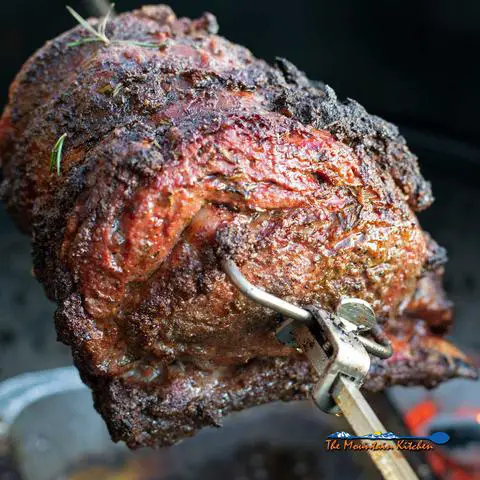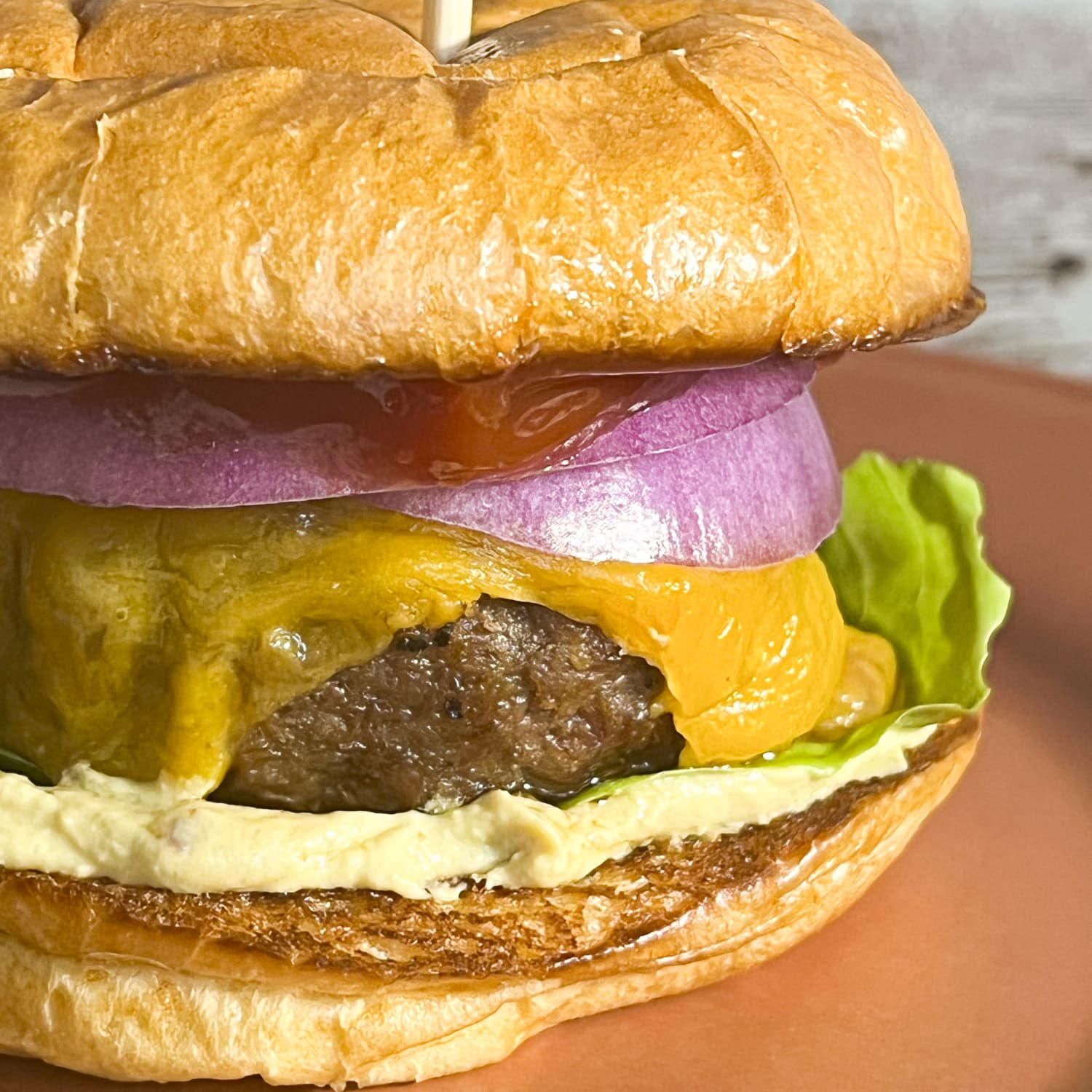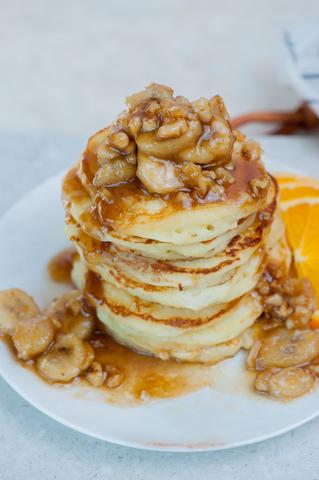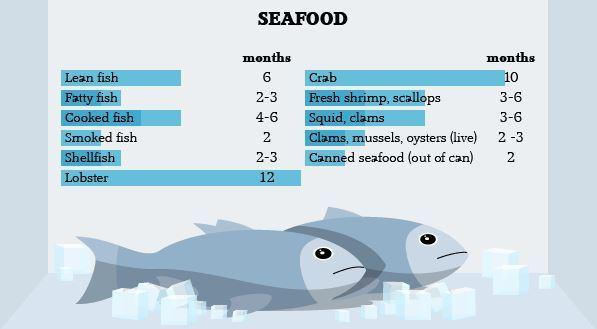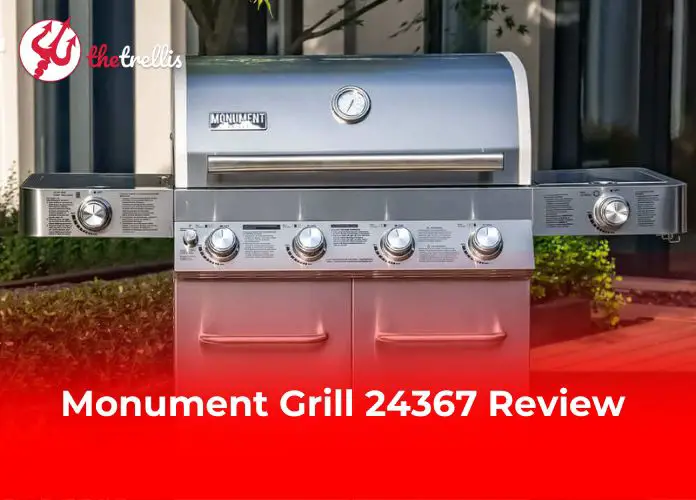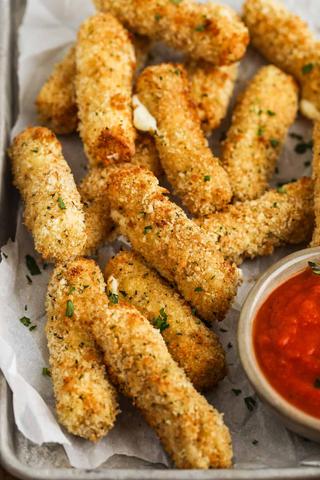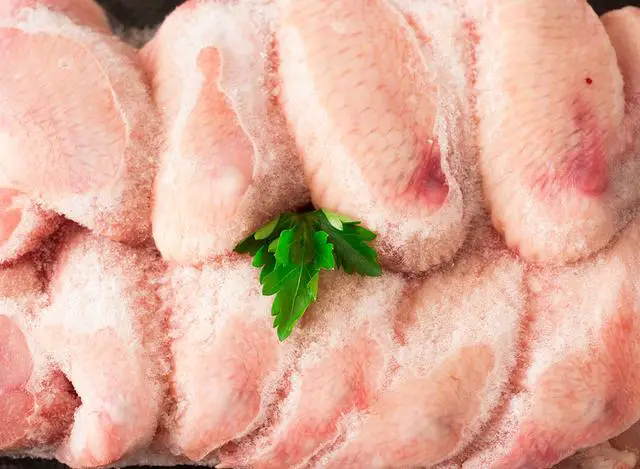
Learn the easiest and safest way to thaw your frozen chicken wings with our simple guide. Say goodbye to guesswork and ensure perfectly thawed wings every time!
How to Thaw Frozen Chicken Wings
When it comes to thawing frozen chicken wings, there are a few methods you can use. The best and easiest way is to use your fridge. Simply remove the chicken wing container from the freezer and place it in the fridge. Make sure your fridge is set below 40 degrees Fahrenheit. The chicken should thaw in a few hours or overnight. You’ll know it’s thawed when you can touch the chicken and it has some movement.
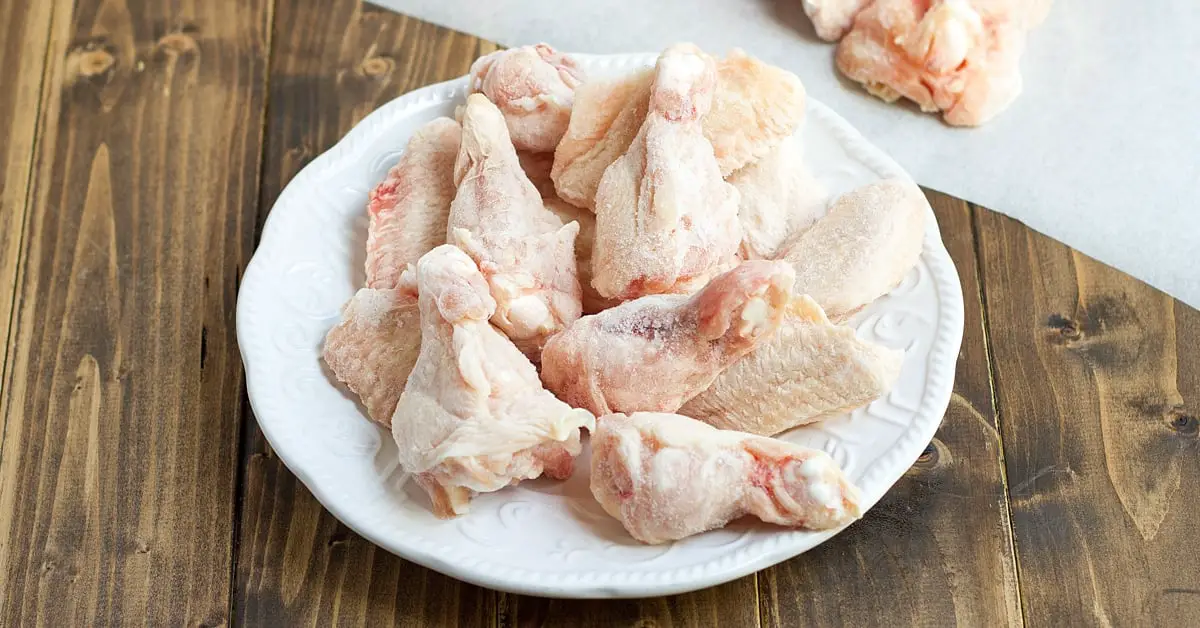
If you’re in a hurry, you can also use the microwave to thaw your chicken wings. Place the frozen wings on a microwave-safe plate and use the defrost setting on your microwave. If there’s no defrost setting, set the power to 50% and begin thawing. Keep an eye on the wings and flip them every couple of minutes to ensure even thawing.
Another method is using cold water to thaw your chicken wings. Place them in a pot or large bowl and fill it with cold water. Let the water run continuously into the drain, allowing it to circulate around the wings. This method will take some time but is faster than using the fridge.
Thawing frozen chicken wings in the fridge

Thawing frozen chicken wings in the fridge is the easiest and most reliable method. Start by removing the chicken wing container from the freezer and placing it in the fridge. Ensure that your fridge is set below 40 degrees Fahrenheit, as this temperature helps prevent bacteria growth. The chicken should thaw in a few hours or overnight, depending on its size and thickness.
You can determine if the chicken is thawed by gently touching it. If it has some movement and feels flexible, it is likely thawed. Another way to check is by seeing if the chicken parts are separating easily. For a more accurate measurement, you can use a food thermometer to ensure that the temperature of the chicken is below 40 degrees Fahrenheit before cooking.
If you need to quickly thaw your frozen chicken wings, using a microwave can be an option. Place the frozen wings on a microwave-safe plate and use your microwave’s defrost setting. Some microwaves have an auto defrost function that asks for the weight of the chicken, while others may require setting the power to 50% and manually flipping the wings every couple of minutes.
Once the auto defrost cycle is done, check the temperature and touch of the wings to ensure they feel properly thawed. If they don’t feel done yet, continue microwaving them until they are fully thawed. If your packaged chicken wings allow for separation, you can place them in a separate container at this point. However, if they are frozen together or not separated, keep them in their original packaging or place them in a waterproof container before proceeding with water thawing.
If you don’t have much time and prefer not to use the microwave, you can thaw frozen chicken wings by using cold water. Place the frozen wings in a pot or large bowl and put them in the sink. Make sure the container is raised on a grate if possible to allow water to flow freely into the drain. Turn on the cold water and let it run over the chicken wings.
It’s important to monitor the thawing process closely when using this method. Once you notice that the chicken is thawed, remove it from the sink. You can then proceed to cook it according to your preferred recipe.
Thawing frozen chicken wings on the counter
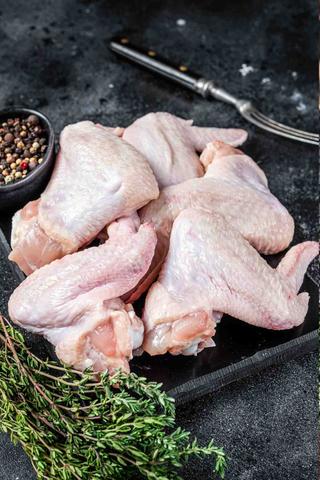
Thawing frozen chicken wings on the counter is a convenient method when you need to thaw them quickly. However, it is important to be cautious and follow food safety guidelines to prevent bacterial growth. Leaving the chicken wings at room temperature allows them to defrost, but it also increases the risk of bacteria multiplying.
To thaw frozen chicken wings on the counter, remove them from their packaging and place them on a clean plate or tray. Make sure there is no direct contact between the chicken and other foods to avoid cross-contamination. Leave the chicken wings at room temperature, ideally below 40 degrees Fahrenheit.
It is crucial to monitor the time and not leave the chicken wings out for too long. Thawing should take a few hours, depending on the size of the wings. Once they are fully thawed, you can proceed with cooking or marinating them according to your recipe.
Thawing frozen chicken wings in the microwave
Thawing frozen chicken wings in the microwave is a quick but lower quality method. Microwaves heat up fast and can reduce the quality of the meat, making it soft and chewy. You can try running water directly on the chicken, but this may cause it to become oversaturated and soft, which is not desirable. Both methods can be faster than using the fridge or leaving the chicken out, but they compromise the quality of the wings.
To thaw frozen chicken wings using the cold water method, place them in a pot or large bowl. Make sure they are packaged in a way that allows for separation or put them in a waterproof container if they are frozen together. Place the container on the sink, raised on a grate if possible, and turn on cold water to let it run over the chicken. Keep an eye on the process to ensure proper thawing. Once thawed, remove the chicken from the sink and proceed with cooking.
The easiest and safest way to thaw frozen chicken wings is by using your fridge. Simply remove the chicken wing container from the freezer and place it in your fridge. Ensure that your fridge is set below 40 degrees Fahrenheit, as most fridges generally are. The chicken should thaw within a few hours or overnight. You can check if it’s thawed by touching it to see if there is some movement or if you can separate the parts easily. Alternatively, use a temperature measurement – if it’s below 40 degrees Fahrenheit, then it’s thawed and ready to cook.
Thaw under water
Thawing chicken wings under cold water is another quick and effective method. Start by placing the frozen chicken wings in a pot or large bowl. Make sure the container is waterproof to prevent any leaks. Place the pot or bowl in the sink and raise it on a grate if possible.
Turn on the cold water and let it run gently over the chicken wings. The running water will help thaw the wings faster. It’s important to use cold water as using warm or hot water can promote bacterial growth.
Leave the chicken wings under the running water for several minutes, periodically checking their progress. Once they are fully thawed, remove them from the sink and proceed with cooking.
Running water
Thawing chicken wings under running water is another quick and easy method. Start by placing the frozen chicken wings in a pot or large bowl. Then, place the container on the sink, raised on a grate if possible. Turn on the cold water and let it run over the chicken wings, allowing the water to flow into the drain. This continuous flow of cold water will gradually thaw the chicken wings.
Cold water bath
Thawing frozen chicken wings in a cold water bath is a quick and easy method. Start by placing the frozen chicken wings in a pot or large bowl. Make sure the container is waterproof to prevent any leakage. Place the container on the sink, preferably raised on a grate if possible, to allow for proper drainage.
Turn on the cold water and let it run over the chicken wings. The continuous flow of cold water will help thaw the wings more quickly and efficiently. It’s important to use cold water instead of warm or hot water to avoid any potential bacterial growth.
After some time, remove the container from the sink and check if the chicken wings have thawed. Gently touch them to see if they are soft and pliable. If they still feel frozen or have ice crystals, continue running cold water over them until fully thawed.
Once the chicken wings are fully thawed, you can proceed with your preferred cooking method. Whether you choose to bake, grill, or fry them, ensure that they reach an internal temperature of at least 165 degrees Fahrenheit to ensure safe consumption.
Note: Thawing chicken using a cold water bath is a faster method than using the refrigerator but requires active monitoring to prevent over-thawing or bacterial growth.
The importance of thawing right
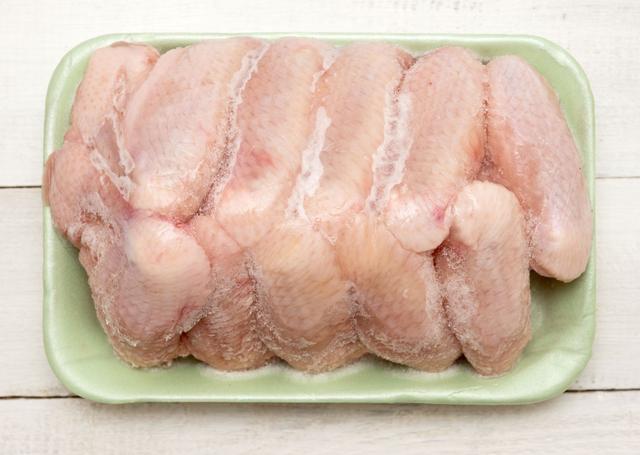
Thawing chicken wings correctly is crucial for maintaining the quality and safety of the meat. Improper thawing can lead to uneven cooking and the risk of bacterial contamination.
When chicken wings are not properly thawed or left at temperatures above 40 degrees, bacteria such as salmonella and staph can quickly multiply, leading to food poisoning. Symptoms of food poisoning include vomiting, diarrhea, and stomach cramps.
Using the fridge is the easiest and safest way to thaw chicken wings. Place the frozen wings in a container and place it in the fridge. Ensure that the fridge temperature is set below 40 degrees. The chicken should thaw in a few hours or overnight. Thawed chicken will have some movement when touched or separated into individual pieces.
The microwave is a quick but lower quality option for thawing chicken wings. Place the frozen wings on a microwave-safe plate and use the defrost setting (or set power to 50% if there’s no defrost setting). Flip or rotate the wings every couple of minutes. Check their temperature and texture to ensure they are fully thawed before cooking.
If you need to quickly thaw frozen chicken wings, place them in a waterproof container and submerge them in cold water. Let cold water run over them continuously into the drain. Check periodically to see if they are fully thawed before cooking.
Regardless of which method you choose, it’s important to prioritize safety when handling raw chicken. Use separate containers for raw chicken and cooked food to avoid cross-contamination. Always wash your hands, utensils, and surfaces that come into contact with raw chicken to prevent the spread of bacteria.
Conclusion
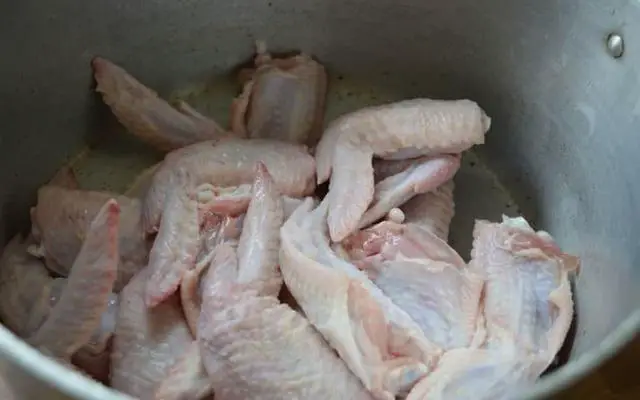
In conclusion, thawing frozen chicken wings is an important step in ensuring that they cook evenly and maintain their quality. While there are several methods for thawing, such as using the fridge, microwave, or cold water, the fridge method is the best option as it maintains the proper temperature and allows for controlled thawing. Thawing chicken wings correctly is crucial to avoid the risk of bacteria growth and food poisoning.
It’s important to prioritize food safety and not rush the thawing process by leaving chicken wings out at room temperature or using the microwave, which can reduce the quality of the meat. By following the instructions provided above, you can safely and effectively thaw your frozen chicken wings and enjoy a delicious meal.
In conclusion, safely thawing chicken wings is crucial to ensure food safety and maintain their quality. The recommended methods include thawing in the refrigerator, using cold water, or utilizing the microwave’s defrost setting. It is important to avoid thawing at room temperature to prevent bacterial growth. By following these guidelines, you can enjoy delicious and safe chicken wings for your meals.
Learn More About Grilling
If you want to learn more about grilling, check out these other helpful resources!


